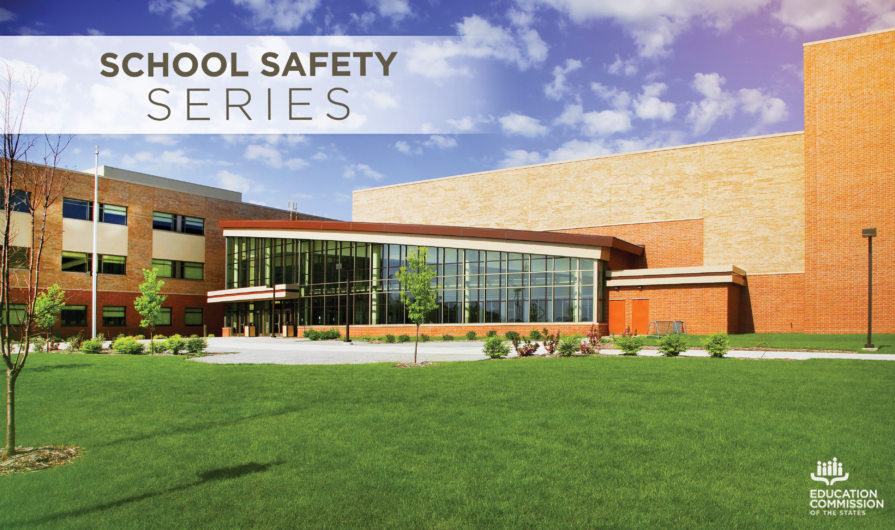This guest post comes from Christine R. Harms, director of the Colorado School Safety Resource Center. Views expressed in guest posts are those of the author.
As one of the few states in the country with an established state School Safety Resource Center, Colorado schools have a partner in helping them meet required safety legislation. Established in 2008, the center serves all schools in Colorado, from preschool through higher education, with the focus of the work on the 145 rural districts of the 178 school districts in the state. The center is instituted in the Colorado Department of Public Safety and has no compliance authority. Districts can freely request help in any of the five missions of preparedness as outlined by the U.S. Department of Education: prevention, mitigation, protection, response and recovery.
The center services schools in a variety of ways. It conducts regional trainings across the state on everything from emergency operations planning, tabletop exercises and threat assessment training to suicide, substance abuse and child abuse prevention and restorative practices. Districts invite the center staff to provide specific safety trainings and/or consultations at their sites. A monthly electronic newsletter keeps schools apprised of current issues in school safety, training and grant opportunities, along with available resources. The website provides resources on all topics related to school safety; to date, the center has produced 17 no-cost online courses that can be accessed by anyone across the globe.
Center staff facilitate working groups as new issues arise, including on the topics of threat and suicide assessment and intervention, training for school security personnel and the latest one, concurrently enrolled students (high school students) on college campuses.
The center functions with a staff of six, including an expert in physical safety who has experience in both the military and law enforcement as well as a degree in emergency management; a psychological safety expert with a mental health background and education; a former prosecutor who focuses on child sexual abuse issues including adult sexual misconduct, sexting and dating violence; a resource specialist who updates the website and handles social media; program assistant; and the director.
Vital to the success of the center are the collaborations with other state offices — such as the departments of education, human services and public health — along with myriad nonprofit agencies that support school safety and school partnerships.
The center provides an annual report to the Colorado Legislature as a means of tracking activities and justifying inclusion as a line-item in the state budget. Legislation allows the center to accept gifts, grants and donations. Over the 10 years the center has operated, it has been awarded a number of grants that have allowed staff to expand services, including conducting symposia for students and staff together to tackle school safety issues.
Learn more about the Colorado School Safety Resource Center at its website. Staff would be happy to speak to any state officials considering establishing their own school safety center; feel free to contact them.




